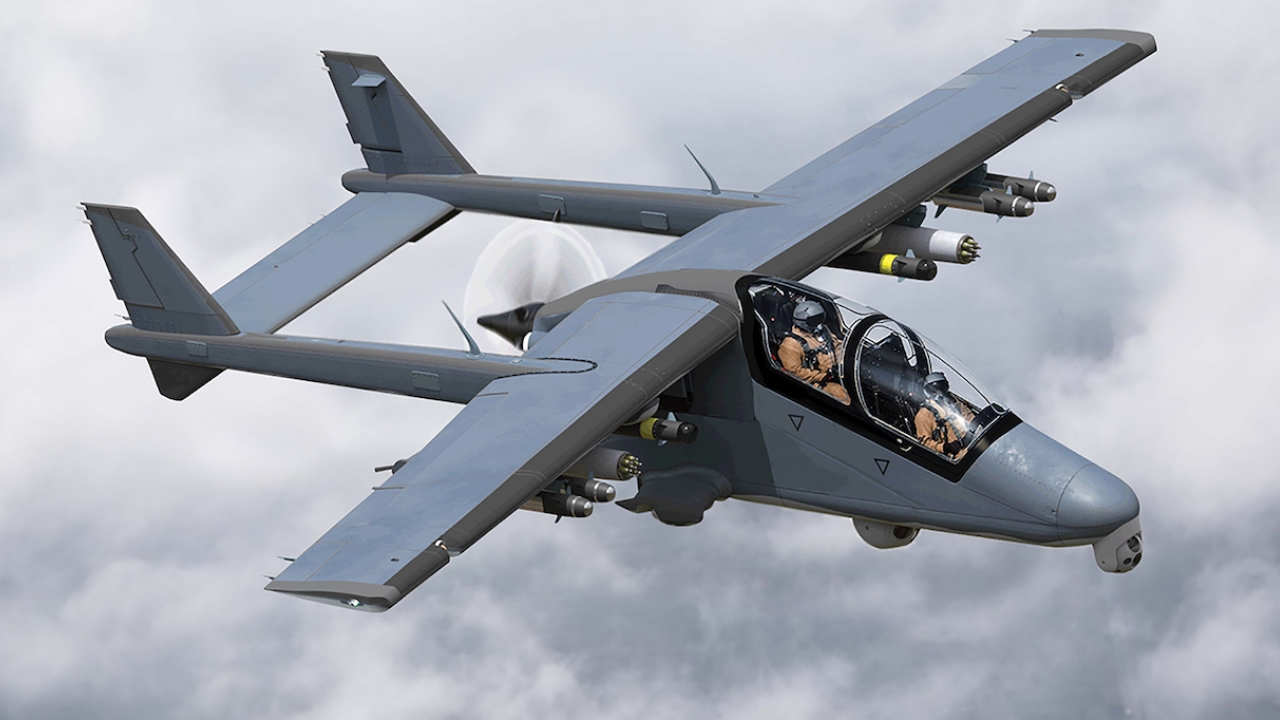Partnerships progress in Senegal and New Jersey
Two rounds of the African partnership flight (APF) programme were conducted in March and April 2018. Jon Lake reports on progress.

The APF programme is the premier US Air Forces in Africa (AFAFRICA) security cooperation programme with African partner nations, and is intended to improve professional military aviation knowledge and skills through multilateral, military-to-military engagements with the continent’s air forces.
It concentrates on developing, enhancing and sustaining core air mobility operational capabilities including command and control, aerial port operations and aircraft maintenance.
Senegal 2018 was the 12th APF since the programme began in 2012 and was the second event to be co-hosted by that country, taking place at the Captain Andalla Cissé Air Base.
The other co-host was the 818th Mobility Support Advisory Squadron, responsible for building capacity with strategic partner nations in the US Africa Command area of responsibility.
Over the course of the week-long event, the 10 air forces from the USA and Senegal, as well as Benin, Burkina Faso, Côte d'Ivoire, Gabon, Ghana, Mali, Mauritania, and Togo, compared notes and exchanged ideas on the best procedures for aeromedical evacuation, casualty evacuation and air and ground safety.
Previous APF exercises have focused on aviation maintenance, peacekeeping operations, humanitarian assistance delivery and disaster relief missions.
The US contribution included about 40 US airmen from US Air Forces in Europe and Air Forces Africa, and one C-130H from the West Virginia Air National Guard’s 130th Airlift Wing. Approximately 70 pilots, aircrew and medical professionals represented the nine African partner nations.
Tactics, techniques and procedures (TTPs) were discussed in a classroom setting, before being practically applied on the ground and in the air. African participants were able to ask questions and experience how the US handles casualty and aeromedical evacuation.
“I really enjoyed it; it allowed us to learn how other countries do aeromedical evacuation,” said Lieutenant Fakhane Diouf, an APF participant from the Senegal Air Force.
Colonel Boucar Sene, the second in command of the Senegalese air force, hosted the closing ceremony on March 23. He was thanked by Lieutenant Colonel Andrew Allen, chief of the global health engagements branch, US Air Forces in Europe and Air Forces Africa.
“I would like to thank the Senegalese Air Force for graciously co-hosting this event. Without your leadership and support, this event would not have been possible,” he said.
The next round of the APF programme took place in April at Joint Base McGuire-Dix-Lakehurst, New Jersey, home of the 818th Mobility Support Advisory Squadron and its parent unit, the 621st Contingency Response Wing (CRW).
The 621st CRW is tasked with training and rapidly deploying personnel to open airfields and establish, expand, sustain, and coordinate air mobility operations from wartime tasks to disaster relief.
Around 55 military representatives from 13 African countries – Angola, Botswana, Cameroon, Chad, Ghana, Morocco, Niger, Nigeria, Rwanda, Senegal, Tunisia, Uganda, and Zambia – attended the week-long event, which ran from April 16-20. This round of the programme focused on the full cycle of deployment operations for a tactical airlift unit with classroom instruction, briefings and unit tours. Expertise was provided by the 87th Air Base Wing and the 305th Air Mobility Wing, both based at Joint Base McGuire-Dix-Lakehurst.
The 305th Air Mobility Wing consists of the 6th Airlift Squadron operating the Boeing C-17A Globemaster III transport aircraft and the 2nd and 32nd Air Refueling Squadrons, operating McDonnell Douglas KC-10A Extenders.
Major Mario Tjimbungu of the Força Aérea Nacional de Angola (National Air Force of Angola) said: “APF is a meeting where we can share information and knowledge, so we can look forward to one day operating together. For me, it’s important because, as we can see, the world is getting smaller and we are now closer to each other. So, if we get to know each other better, in the future we can operate together with no problems.”
Brigadier General William Knight, vice commander of the US Air Force Expeditionary Center, said: “The US has benefited from partnerships, such as the ones being forged through APF. Just across the river is Philadelphia, where nations partnered with us so that we could gain our independence. Without those partnerships, I think most historians would say it’s doubtful that our nation would have been able to gain its independence.”
Stay up to date
Subscribe to the free Times Aerospace newsletter and receive the latest content every week. We'll never share your email address.

